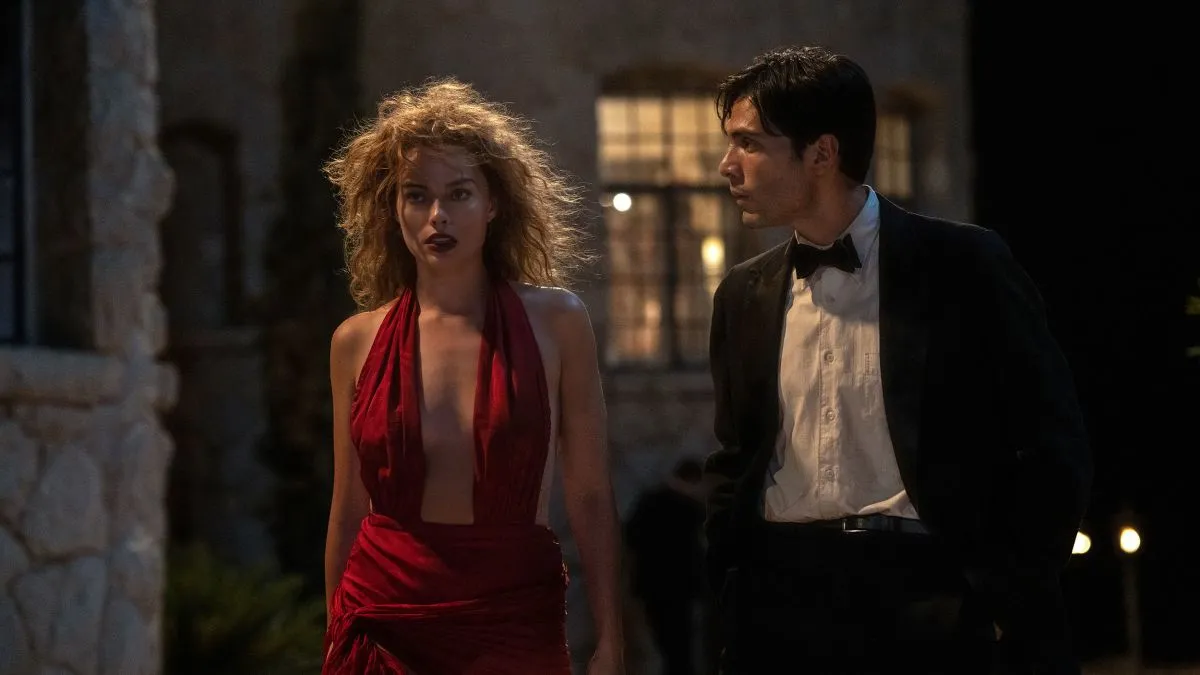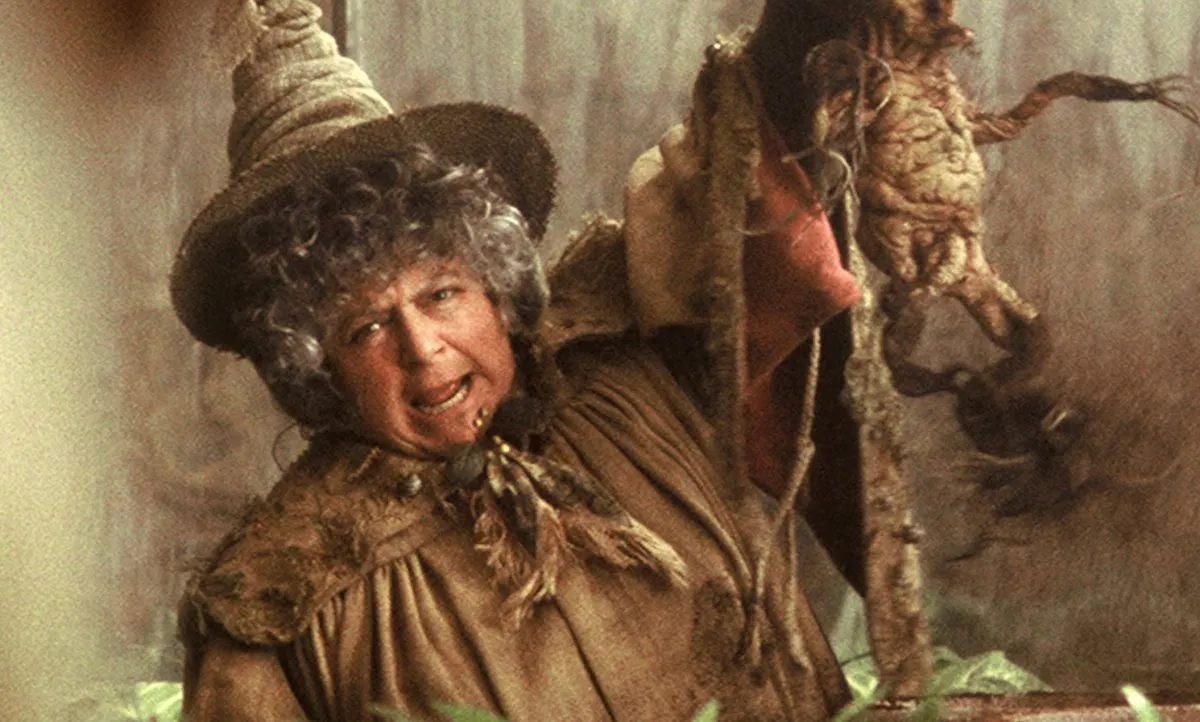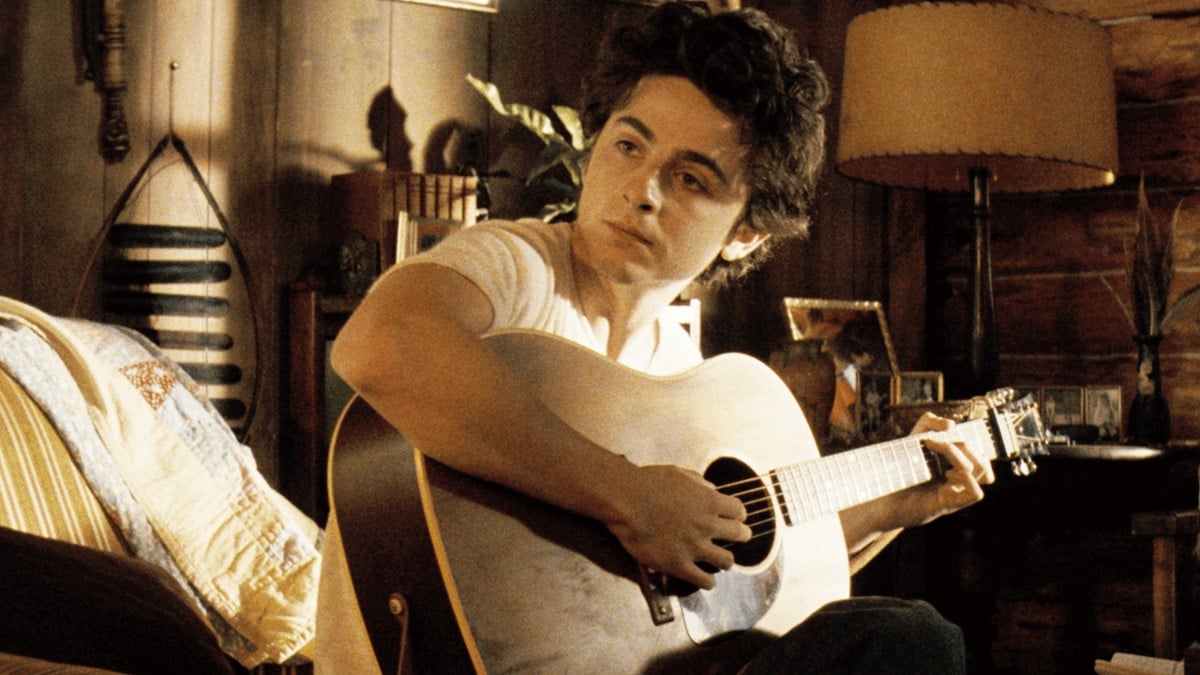I wanted to love Babylon so much, and while I enjoyed Damien Chazelle’s new film just fine, it had the opposite effect than I think a movie about old Hollywood should: I longed for the opportunity to watch this at home instead of in a theater—mainly because this movie is long for no real reason, but also its depiction of characters so warped by Hollywood with no real comeuppance feels almost like it is glorifying this era of movie-making.
Babylon does, for the most part, pick apart the darker parts of the transition from silent filmmaking to the “talkies.” But this is the second love letter to Hollywood that Damien Chazelle has given us. Honestly, if I could, I’d rather just watch La La Land again because I feel like that movie at least understood the problem with how a lot of industries function—at least better than Babylon does.
My feelings about this movie are complicated. The ending of Babylon does a lot of emotional manipulation to suggest it was making a wonderful point the entire time—instead of just making obvious references to things the audience already knows about and connecting it to the film’s central character, Manny (Diego Calva).
My problems with Babylon lie mostly with the conclusion. If the ending of this film had managed to wrap an untidy bow on the cocaine-fueled escapades of the end of the silent film era, I would have preferred it to the neatly wrapped-up conclusion we did get. And it all seems to boil down to the idea that the magic of Hollywood outweighs the controversies that existed then—some of which still persist today.
There was nothing that glamorous about the reality of old Hollywood
For many of us, classic movies have helped to romanticize the ideas of old Hollywood and all its glory. But when you really look at the studio system—how women and performers of color were treated, and how studios prevented so many actors from living their true and authentic lives—it isn’t exactly something to aspire to. And while Babylon gets into some of the horrors of old Hollywood, it also ends on a note that is truly and honestly baffling, and which negates some of the progress that’s been made.
One of the more poignant parts of the film comes from Jovan Adepo’s portrayal of Sidney Palmer, a Black man who Manny gets into the studio for his own string of movies based on his ability to play music. Sidney meets his “crossroads” when Manny tells him that he has to make his skin darker because the lighting is washing him out, making him appear white in comparison to the other performers in the movie.
Sidney is told if he doesn’t do this, none of the other performers will get paid. So he does it and walks away the minute the film is wrapped; he never comes back and we don’t see him with Manny again. Sidney’s one refusal is contrasted by Nellie LaRoy (Margot Robbie)’s chaotic nature and the way that Hollywood keeps trying to toss her out, but she keeps pushing her way back in. Nellie gets chance after chance, and it always results in Hollywood chewing her up and spitting her out, while Sidney frees himself from it all.
That part of Babylon is easily the most fascinating—along with Manny’s change from a young and hopeful kid trying to make movies into a stone cold producer who doesn’t care whose feelings he hurts. Those three plot lines are fascinating to see, but the rest of the film is bogged down by Jack Conrad (Brad Pitt)’s countless marriages and refusal to fully adapt, even when he’s attempting to change.
So when the reveal comes that this story is almost exactly the same as the plot from Singin’ in the Rain, it’s both annoying and emotionally charged. I don’t think Chazelle is saying that what happens in Babylon happens to be the inspiration for that movie. I think it’s more of a commentary on how Singin’ in the Rain nailed the struggle performers had in the switch from silent films to talkies.
But the movie as a whole is overly long and weirdly praises a time period that was, frankly, bad. When Babylon does break down why old Hollywood wasn’t as glamorous as movies have made it out to be, it’s still glorifying a lot of these horrible characters at times, or at least not taking the time to fully flesh out their issues.
I didn’t hate Babylon, but I also don’t think I will be rewatching it anytime soon. At the end of the day, there is one lesson we can all take away from this movie: Hollywood is a scary and dangerous place, one where you might end up in a murder den with Tobey Maguire.
(featured image: Paramount Pictures)










Published: Dec 27, 2022 02:59 pm